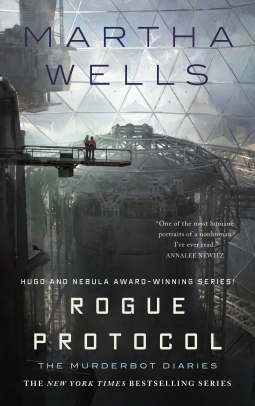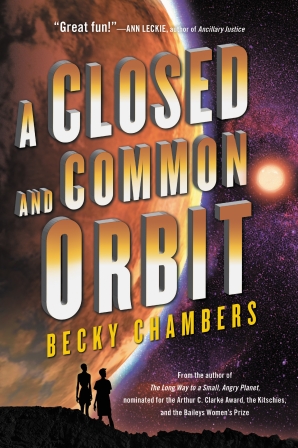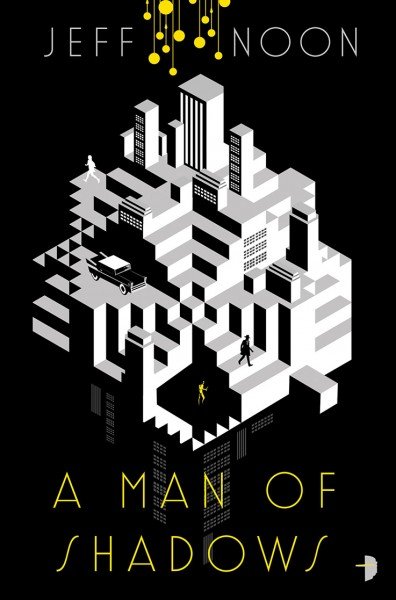Boys’ Books
by Katharine Kerr
I was lucky enough to grow up in a family of readers. Admittedly, on my mother’s side of the family, some of them mostly read the Bible or religious works. Others, like my mother and grandmother, loved the “sweet” Romances of the period. My uncles loved Westerns and police thrillers. My father’s parents, on the other hand, were serious Leftists and read serious Leftist books, like DAS KAPITAL in the original German. Both sides, however, believed in reading aloud to children. They also believed in public libraries.
From the time I was big enough to
walk the ten blocks or so to our local branch, my grandmother and I made a
weekly trip to the library. She loaded
up on genre reading for her, and I loaded up on books from the children’s
section, mostly animal stories, which I particularly loved. As soon as I could read, I read a lot, well
beyond that illusory category, “grade level”.
That’s when the trouble started.
Not from my grandparents, I hasten to add, but from the other adults
around me.
When I was an older child and young
teen-ager, back in the 1950s, I began to hear entirely too often, “You
shouldn’t be reading that book. It’s not
for you.” No, I hadn’t picked out a book
with too many big words or too much sex, nothing from the “Adult” section of
our public library, no Leftist tracts, either.
I had committed the sin of liking Boys’ Books.
It may be hard to imagine now, but there used to be fixed categories of Boys’ Books and Girls’ Books. Boys got science fiction, adventure stories, historical stories of battles and exploration. Girls got junior Romances, stories of girls helping others or setting up their own homes, horse stories, and . . . well, I never found much else in that section of the library. Some were well written, like the “Anne of Green Gables” books or the “Flicka” horse stories. Most struck me as utter crap, even at thirteen, particularly the junior Romances, such as the Rosamund de Jardin “Marcy” series. Oh yes, I can’t forget the forerunners of “self help” books. Those available for girls in the 1950s centered around “how to look pretty and get a boyfriend.” I never noticed any self help in the Boys’ section. They, apparently, didn’t need advice.
What I wanted were the adventures,
the battles, and the science fiction.
Among the Boys’ Books, I discovered Roy Chapman Andrews and Robert
Heinlein’s YA novels, along with a lot of lesser writers whose names, alas, I
have forgotten but whom I loved at the time.
When I went to the library desk to check these books out, the voices
started. “Are you getting those for your
brother? No? Why do you want to read those? They’re for boys. You should look in the Girls’ section.” No librarian actually prevented me from
taking the books home, mind. That was
reserved for my mother. “Why are you
reading that junk?” was one of her favorite phrases. “It’s not for girls. Take those back. Get some good books.”
I read most of Heinlein’s YA books while sitting in the library. Why risk taking them home and getting nagged? When as a teen, I graduated to SF for grown-ups, the disapproval escalated, too. My mother helpfully tried to get me to read proper female literature by checking out books for me. I dutifully read them -- hell, I’d read anything at that age, from cereal boxes on up -- but I never liked them. Finally, she gave up.




















